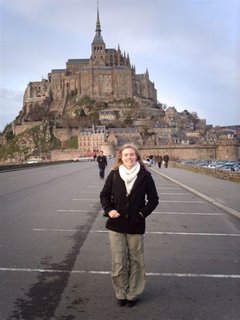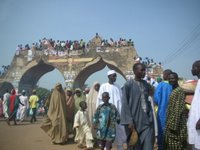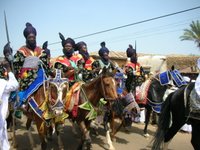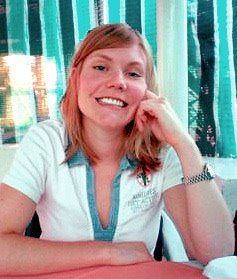Moving to Africa? Take a course in automechanics!
In many African cities there is little to no official public transport system. Expats are very reliant on cars to get around. But cars break, especially given the low quality of the roads, throughout the continent. Unfortunately, finding a reliable auto-mechanic or garage where you can have your car serviced is a bit of a novelty here. When taking your car in it is very important to demand that any parts changed or fixed be replaced by parts made by the original manufacturer of the car (otherwise you get Nigerian made copies and get charged for the original prices). Knowing this before we had our car serviced a few weeks ago we demanded that the mechanic use "original parts". The problem we had him fix, however, only seemed to get worse after the car was serviced. So we went to another garage. There the mechanic told us that the last mechanic had used "original parts" just the originals for a completely different car! We own a Nissan Terrano and the mechanic had installed fuel injectors for a Toyota Landcruiser! Only in Africa....we certainly learned our lesson!






